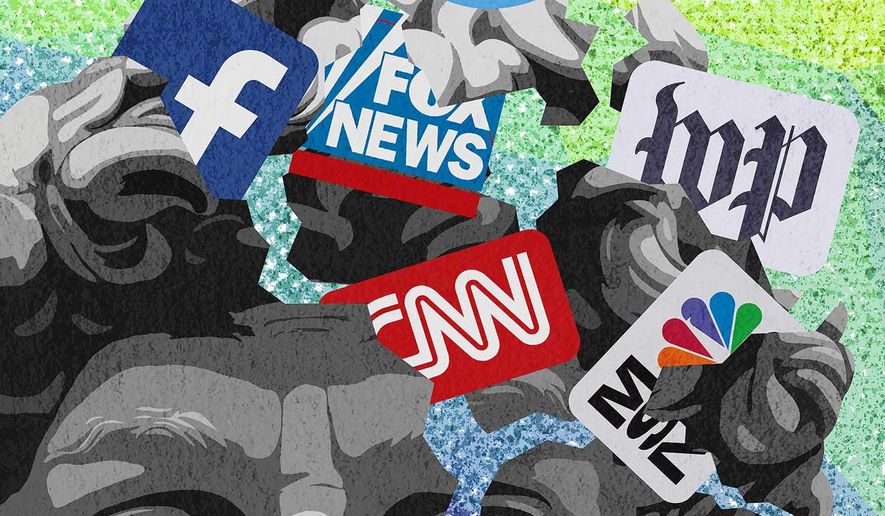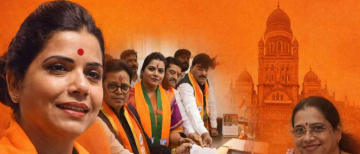When something terrible happens—a disaster, a crime, or a loss—the world often turns to the news to understand what went wrong. But behind the scenes, the way these stories are told can shape how we feel, what we believe, and even how we act. Sometimes, the coverage of tragedy becomes more about grabbing attention or pushing an agenda than about helping people heal or learn. This is where the politics of tragedy comes into play.
How Tragedy Becomes a Tool
Tragedies are powerful. They stir up strong emotions like fear, sadness, and anger. Mainstream media outlets know this, and sometimes, they use these events to get more viewers, clicks, or shares. The more dramatic or emotional the story, the more people pay attention. This can lead to sensational headlines, repeated images of suffering, and interviews with people at their lowest moments.

But it’s not just about getting attention. Sometimes, the way a tragedy is covered can be influenced by politics. Media outlets may frame a story in a way that fits their own beliefs or the beliefs of their audience. For example, the same event might be shown as a sign of a bigger social problem on one channel, but as an isolated incident on another. This framing can shape public opinion and even influence laws or elections.
The Role of Bad Players
It’s not only news organizations that use tragedy for their gain. On social media, individuals and groups sometimes exploit sad events to get likes, followers, or even money. Some people create viral content about a tragedy without considering the feelings of those affected, turning real pain into entertainment or clickbait. Algorithms on platforms like Facebook or Twitter often boost this kind of content because it gets strong reactions, making the cycle even worse.
Governments and political groups can also use tragedy to their advantage. They might distract the public from bigger issues by focusing attention on a dramatic event or by blaming a particular group for what happened. This can create division and distract from the real causes or solutions to the problem.
The Impact on Victims and Society
When tragedy is used for gain, the people who are suffering can feel even more hurt. Families of victims may feel like their pain is being put on display for profit or entertainment, instead of being treated with respect. Sometimes, important details are left out or twisted to fit a certain story, which can spread misinformation and make it harder for people to understand what really happened.

On a larger scale, the way tragedies are covered can affect how society deals with big issues. If the media focuses only on the most dramatic parts, people might miss the deeper causes, like poverty, discrimination, or mental health problems. This can make it harder to find real solutions and prevent similar tragedies in the future.
Why Does This Happen?
There are several reasons why tragedy is sometimes exploited:
-
Competition for Attention: News outlets and social media creators want to stand out in a crowded market, so they focus on what will get the most attention.
-
Political Goals: Some groups want to use tragedy to push their own beliefs or to make their opponents look bad.
-
Economic Pressure: Media companies often rely on advertising money, which increases when more people watch or click.
-
Algorithmic Amplification: Social media platforms boost content that gets strong reactions, even if it’s not always respectful or accurate.
Is All Coverage Bad?
Not all coverage of tragedy is harmful. In fact, responsible journalism can help people understand difficult issues, inspire change, and hold powerful people accountable. The key difference is in how the story is told. Ethical journalists try to minimize harm, avoid sensationalism, and focus on the facts.

They give a voice to those affected and explore the deeper reasons behind the event, rather than just looking for drama.
What Can Be Done?
-
For Media: News organizations should follow ethical guidelines, avoid sensationalism, and remember the real people behind the headlines.
-
For Social Media Users: Think before sharing or commenting on tragic news. Consider the impact on those involved and look for reliable sources.
-
For Everyone: Support media that covers tragedies with care and depth, and challenge content that exploits suffering for clicks or political gain.
Final Note
Tragedy will always be part of life, and the media has an important role in helping us understand and respond to it. But when bad situations are used for gain—whether for attention, money, or politics—it can hurt both the victims and society as a whole. By being aware of these tactics and demanding better, we can make sure that the politics of tragedy doesn’t overshadow the real stories that need to be told.
With inputs from agencies
Image Source: Multiple agencies
© Copyright 2025. All Rights Reserved Powered by Vygr Media.


















